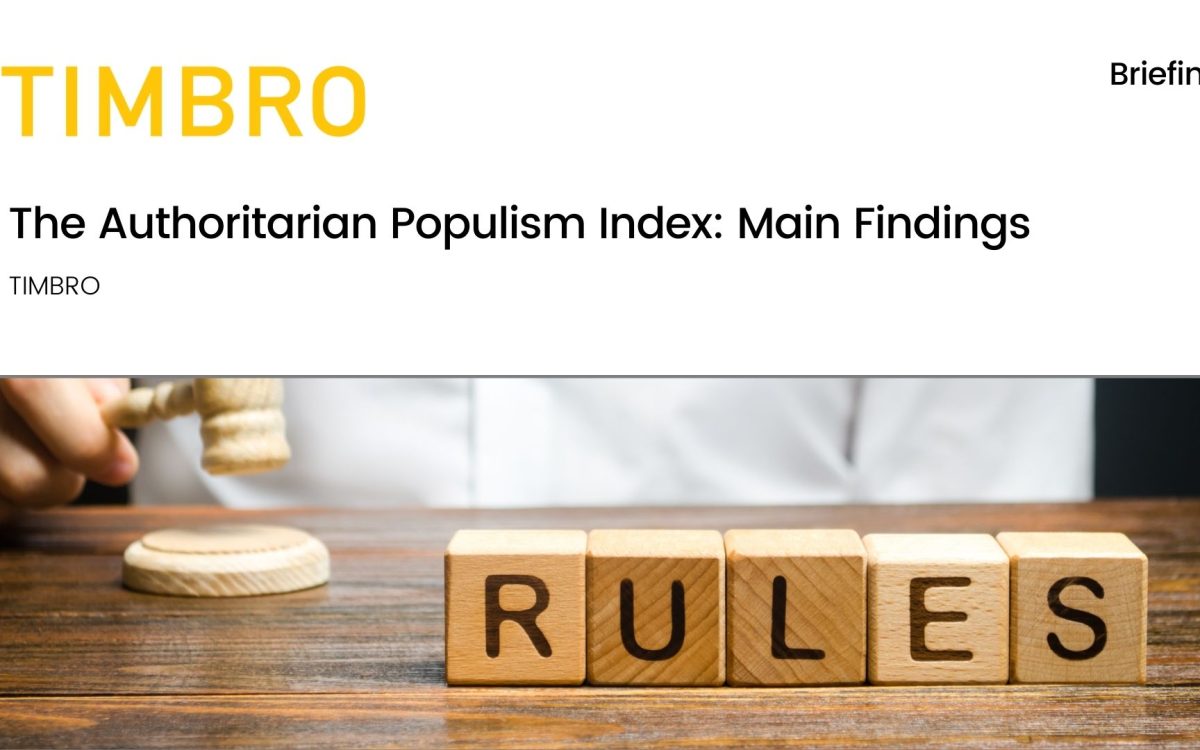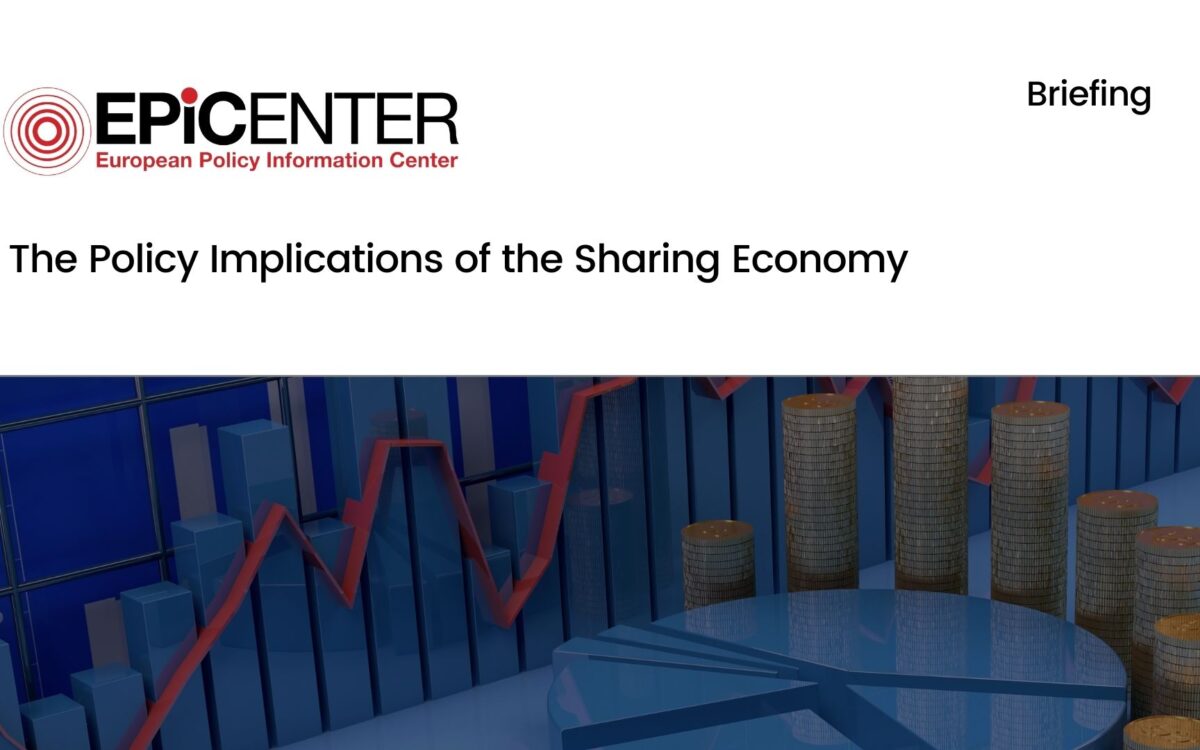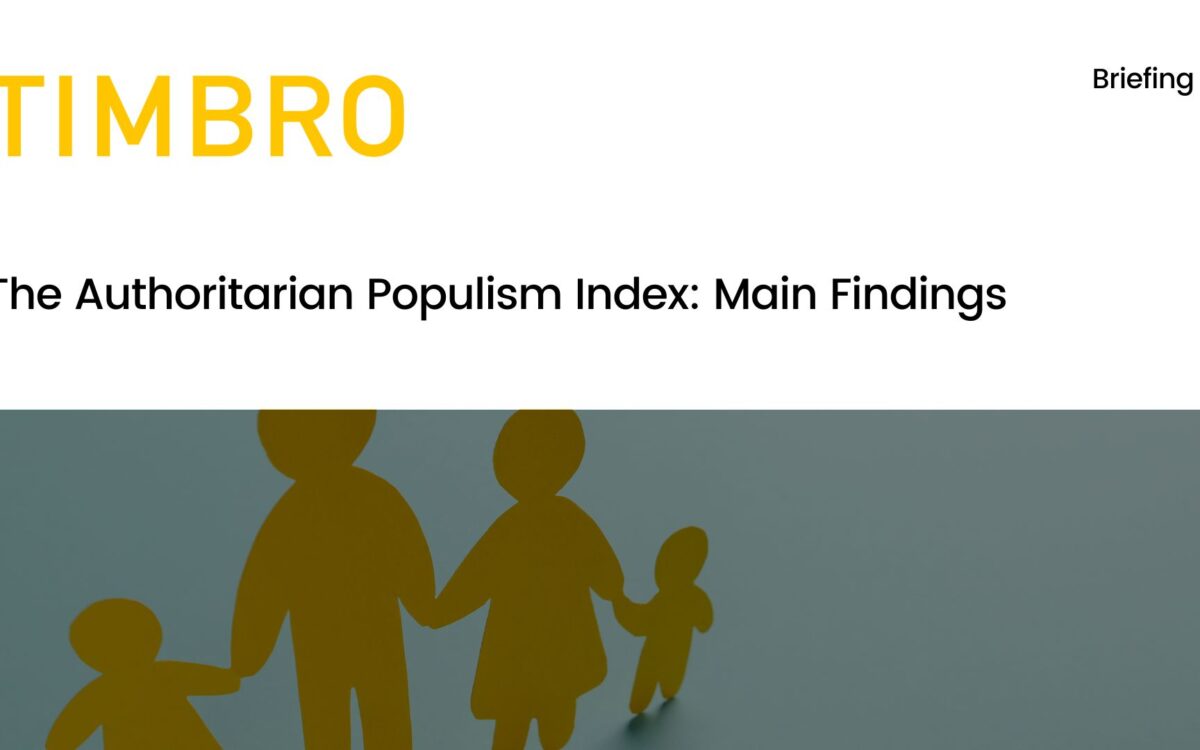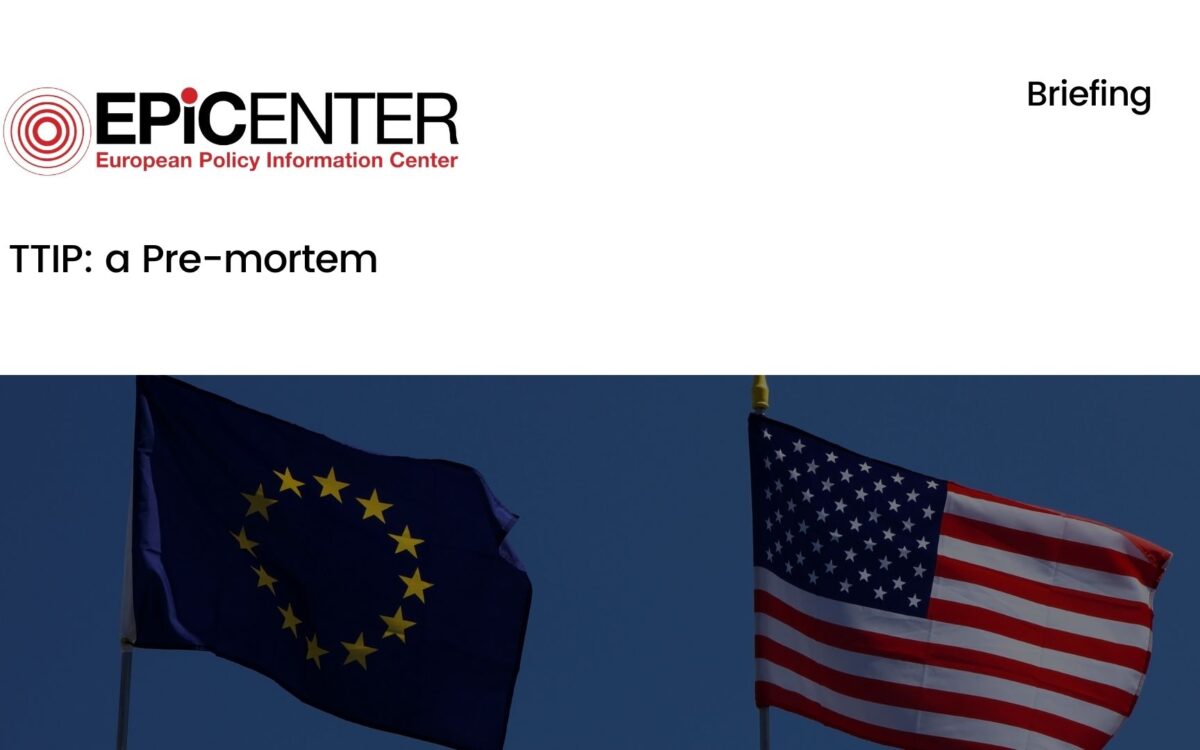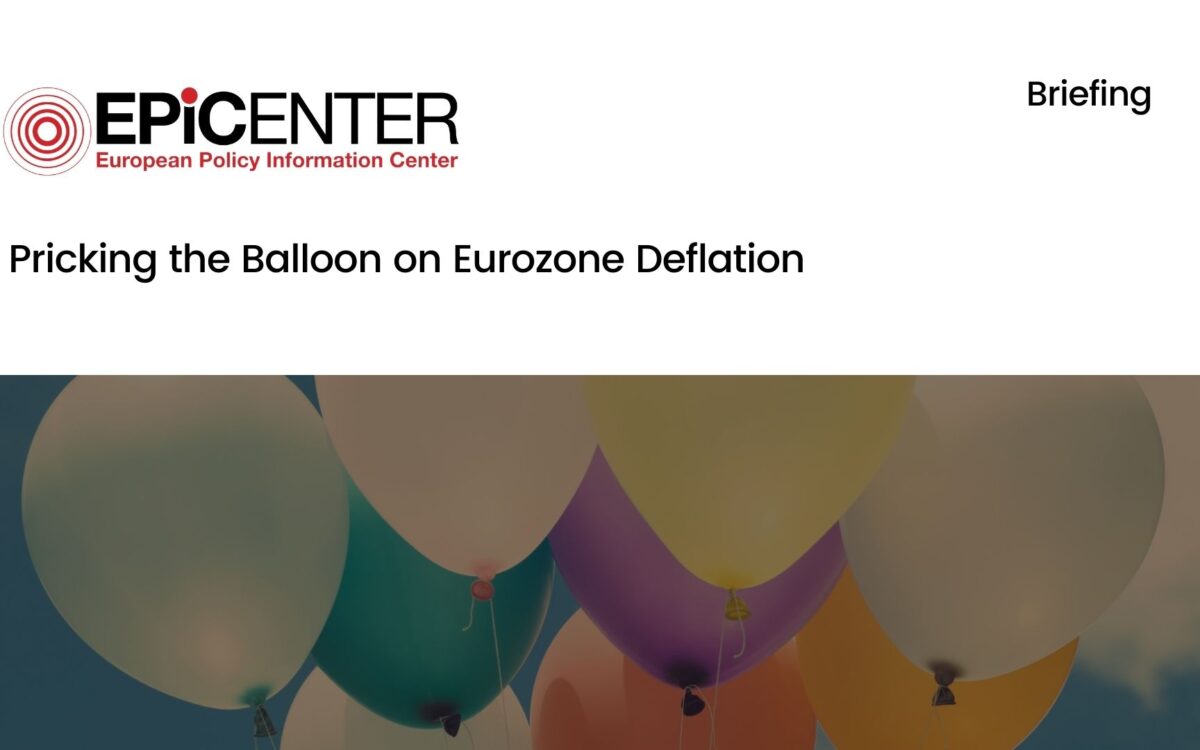June 16, 2016
The Authoritarian Populist Index (TAP) includes both right- and left-wing populist parties and covers all national elections in 33 European countries, from 1980 to 2016. The Index shows an alarming development, with authoritarian and illiberal parties and ideas steadily gaining influence across the continent.
